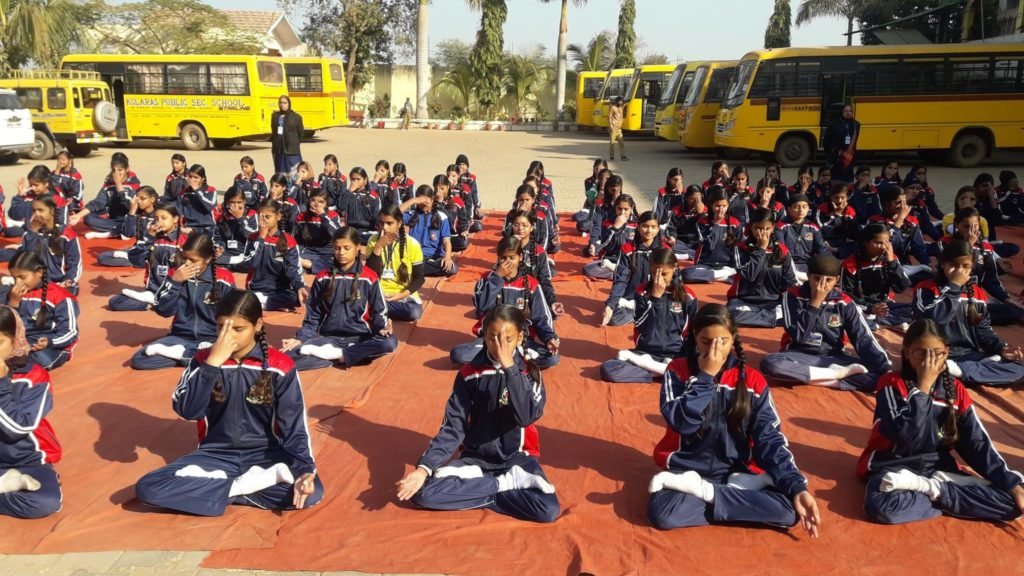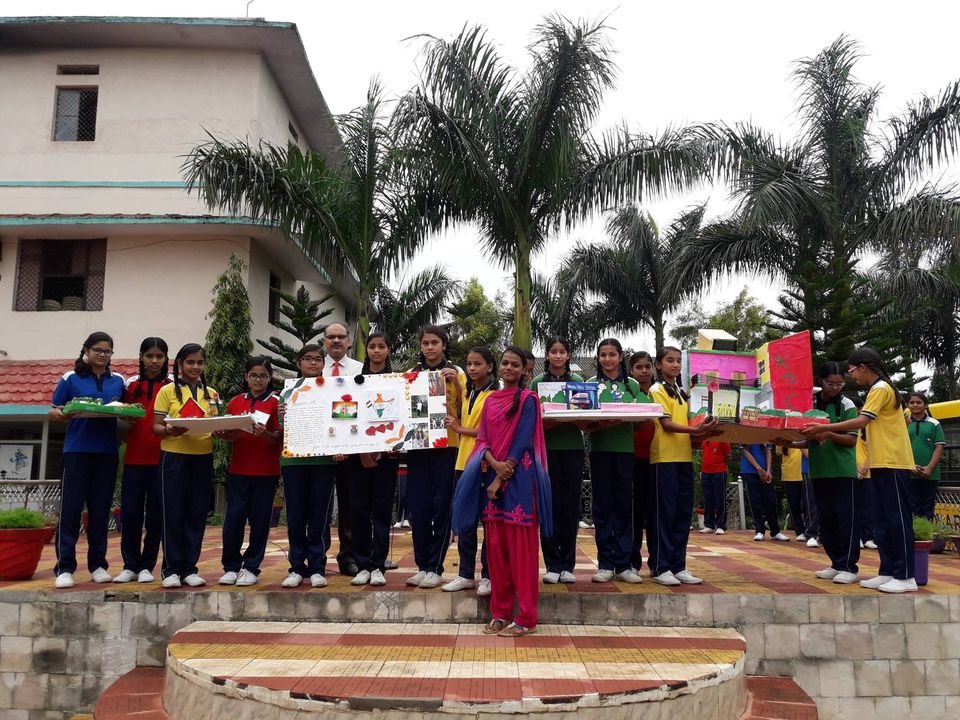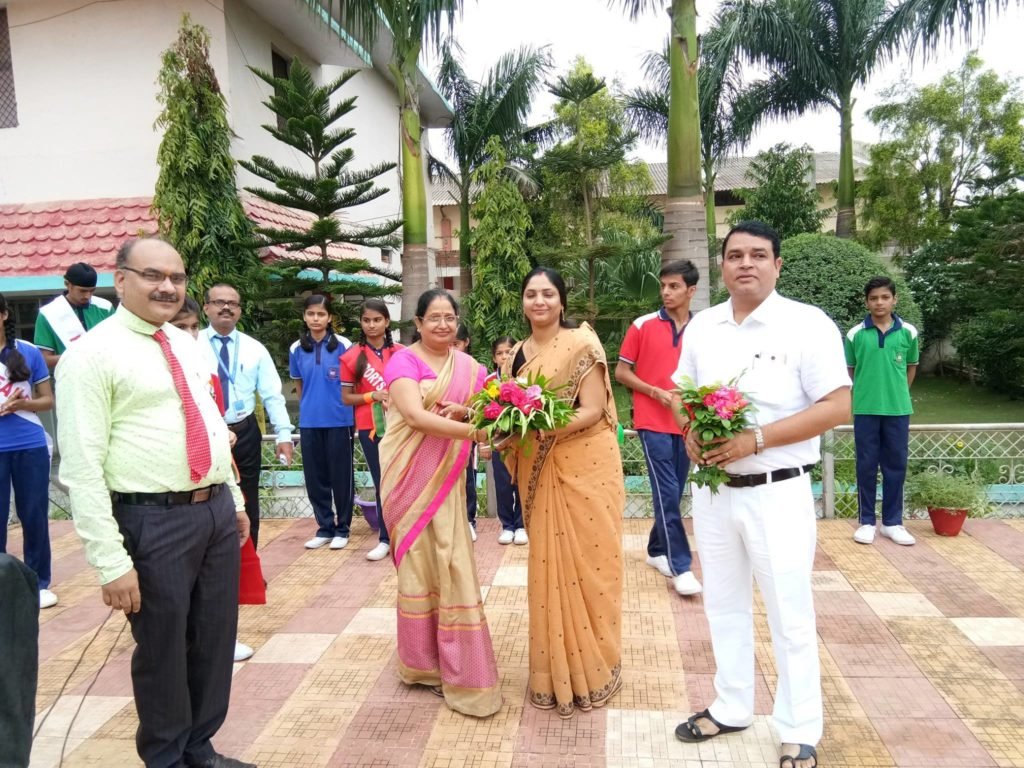Beyond Academics
Physical Activity

Physical Activity is fundamental to education at The School. The course enables each student to engage with his or her capacity, joys and fears involved in physical expression, and to find the ability to face the immediate responses that the activity itself brings out. It demands that in addition to developing skills and techniques, learnt or intuitive to oneself, the student learns to engage with the task or game in a group setting. The student is under no pressure to perform to represent the school in competitive arenas and we hope that each student matures to face the demands of a task or game rigorously and to the best of his or her ability. The physical activity programme at school includes activities that stimulate sensorial and motor development, cooperative games, pre-participation tasks to develop specific skills, and organized games like basketball, volleyball, cricket and hand ball. Assemblies at school support the physical activity programme and reflect our concern for a healthy physical culture for a growing individual. The school is concerned that students experience specific aspects of being – quietness, playing together and individual reflection – and use the sports programme as a ground for this. The students are encouraged to think and talk about the various contemporary issues related to sport – food, clothing, equipment, glamour, entertainment and money.
Art and Aesthetics

The school creates an ambiance that nurtures the student’s creative and aesthetic abilities. At school, art is not so much a skill-learning process as it is an exploration of the environment, material and a student’s own experience of life. Art in school focusses on observation and innovative expression. Students are encouraged to use diverse materials – paper, clay and objects picked from the surroundings. Students work with different forms of art and craft – folk, the classical and the modern. Art and craft also form a part of their own study of subjects and project presentations. In addition children learn through participation in designing the posters, back drops and installations for various school events. Through the years students learn craft, weaving, clay modelling, theatre and cooking.
Culture Classes and Discussions

Teachers and students hold discussions on themes relating to life – on subjects of fear, pleasure, hurt, ambition, co-operation and responsibility at various levels of understanding. The everyday experiences of the children in the peer group, in class, at home, and from the media, form contexts for such explorations. These discussions are vital to the growth of the child. Students at all levels meet together to learn about safety. These sessions include being aware of one’s emotions, respect for each other and care, and questions around media and peer influence, the internet and social media platforms and personal safety.
Work, Participation and Responsibility
All students and staff work to clean the classrooms and the campus. Assemblies at all levels are participatory in nature and a time for coming together. Students and staff also come together for special presentations by a teacher, a class, a parent or an invited speaker every week

